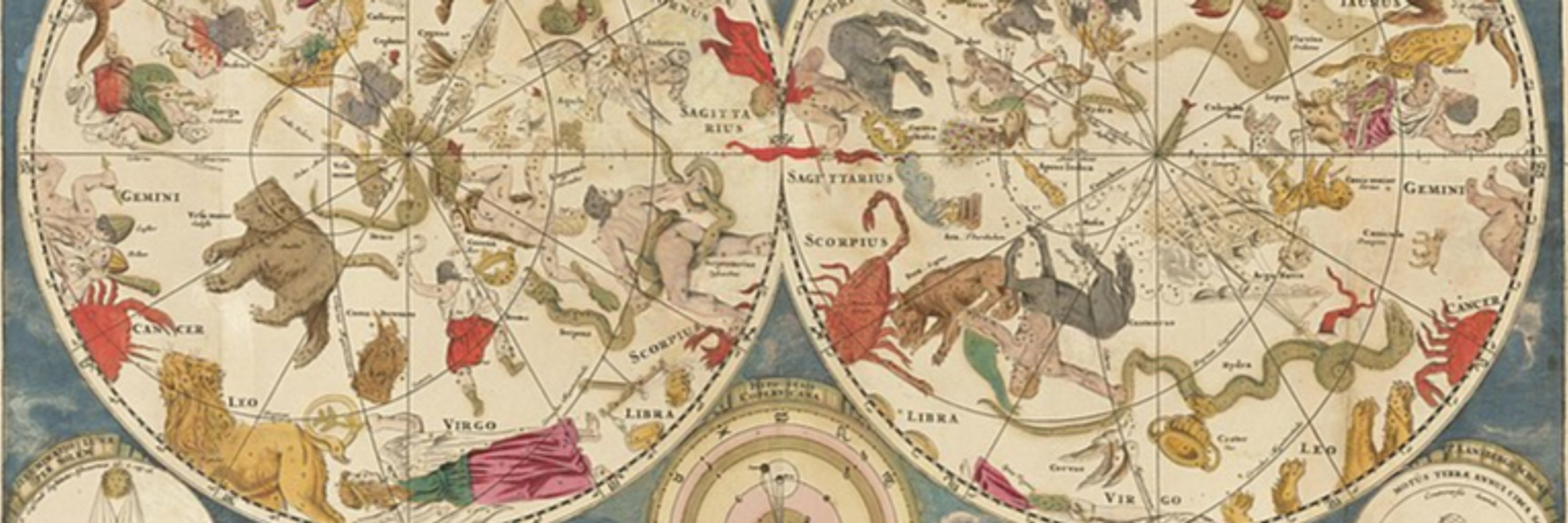
University of Exeter, https://culturesofphilosophy.exeter.ac.uk/

Sign up at www.mfa.org/event/cna-of...

Sign up at www.mfa.org/event/cna-of...


iicedimburgo.esteri.it/en/gli_event...

iicedimburgo.esteri.it/en/gli_event...
Ohio State University, Columbus (OH)
22 to 26 June 2026
NEW Submission Deadline: 15 October 2025, 11:59 (PT) & remote option for scholars unable to travel to US
hopos2026.dryfta.com.
#HPS #philsky 🗃️
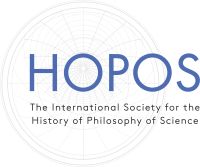
Ohio State University, Columbus (OH)
22 to 26 June 2026
NEW Submission Deadline: 15 October 2025, 11:59 (PT) & remote option for scholars unable to travel to US
hopos2026.dryfta.com.
#HPS #philsky 🗃️
for my @royalhistsoc.org Camden Edition of 'The Holograph Letters of Margaret Tudor, Queen of Scots' (out 8 Aug).
🗓️10 Sept 2025
⏰17.00BST/12.00EDT/18.00CEST
Register here: shorturl.at/Z6zfN
Please join us!
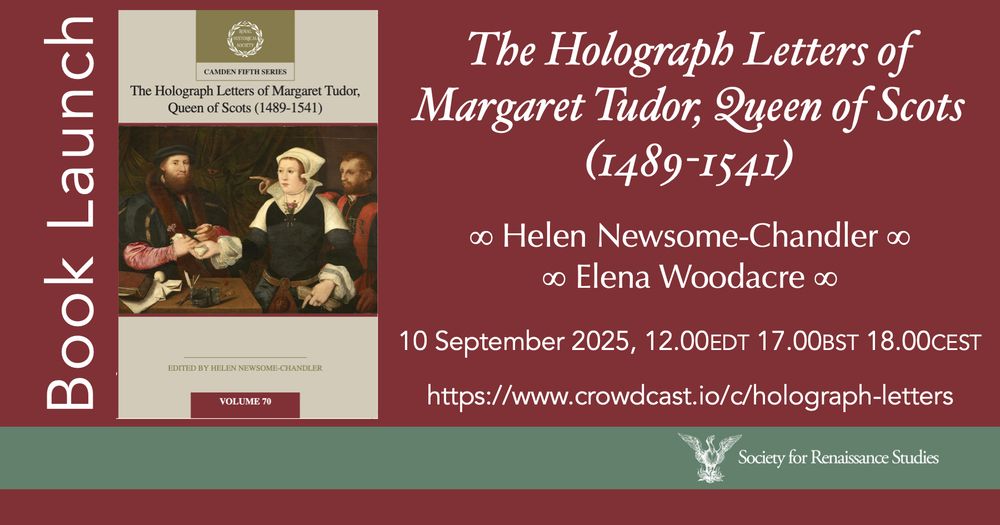
Now more than ever, research is reshaping our view of women’s roles in the early modern book trade. Join us in Antwerp (5–7 Nov 2025) for our conference Women & the Household in the #earlymodern Book Trade.
Register here: tinyurl.com/womenbooktrade
#rarebooks #bookhistory 💙📚📜
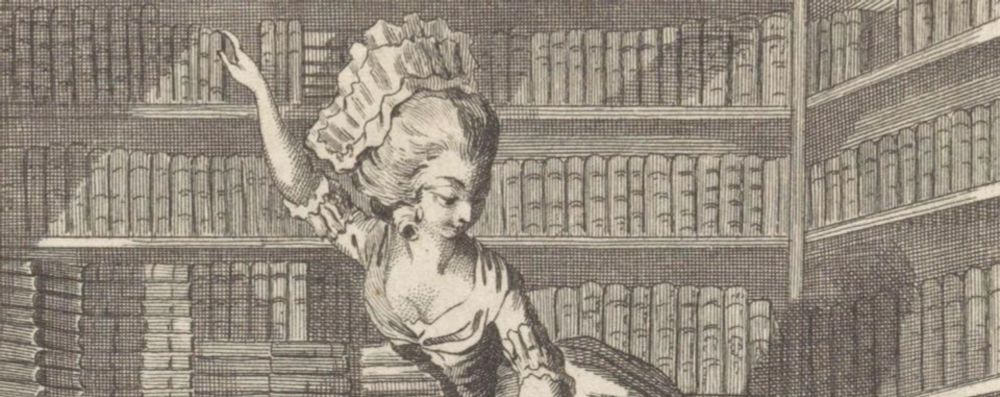
Now more than ever, research is reshaping our view of women’s roles in the early modern book trade. Join us in Antwerp (5–7 Nov 2025) for our conference Women & the Household in the #earlymodern Book Trade.
Register here: tinyurl.com/womenbooktrade
#rarebooks #bookhistory 💙📚📜
TREASURED is a treasures exhibition that questions the very notion. It's also the first at the #Bodleian with around 50% non-Western material.
Those in #Oxford can visit starting tomorrow, 6 June. And it's free!
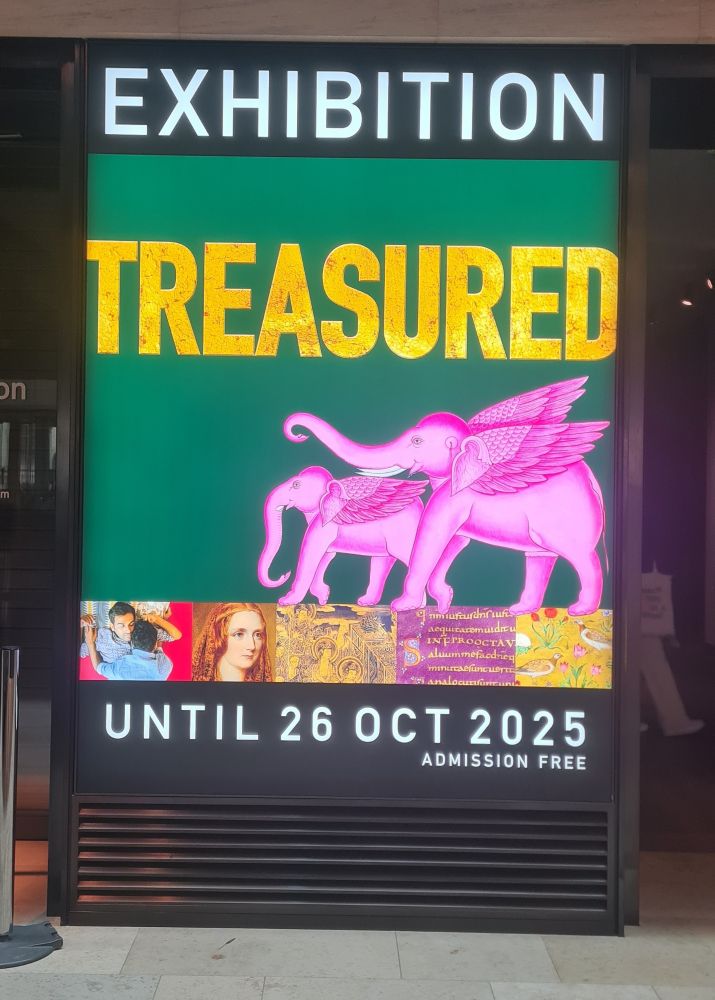
TREASURED is a treasures exhibition that questions the very notion. It's also the first at the #Bodleian with around 50% non-Western material.
Those in #Oxford can visit starting tomorrow, 6 June. And it's free!




kingsearlymodern.co.uk/events/lamen...
@kingsartshums.bsky.social @kingsenglish.bsky.social @kingshistory.bsky.social
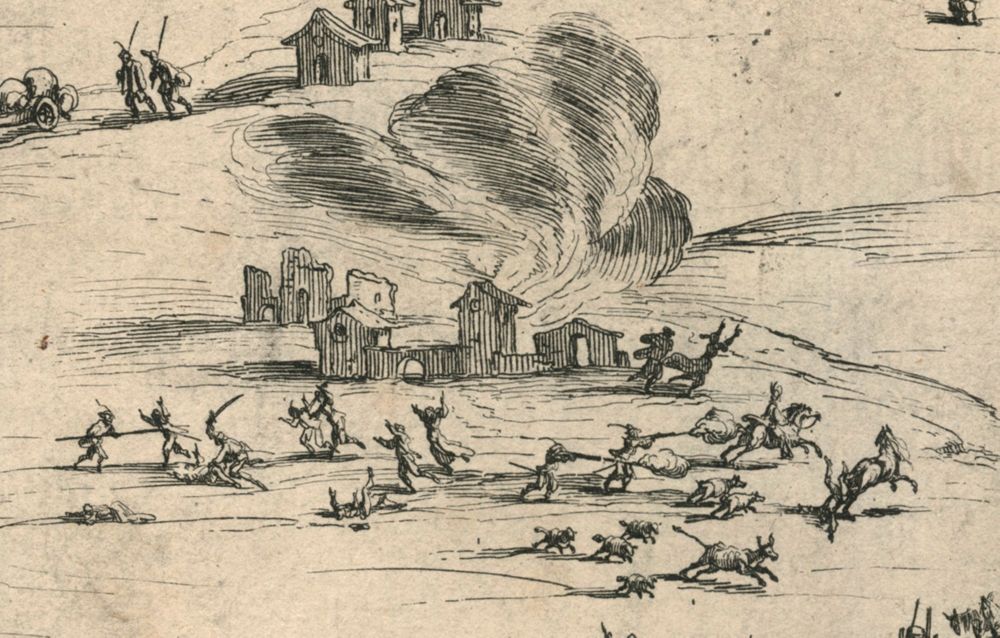
kingsearlymodern.co.uk/events/lamen...
@kingsartshums.bsky.social @kingsenglish.bsky.social @kingshistory.bsky.social

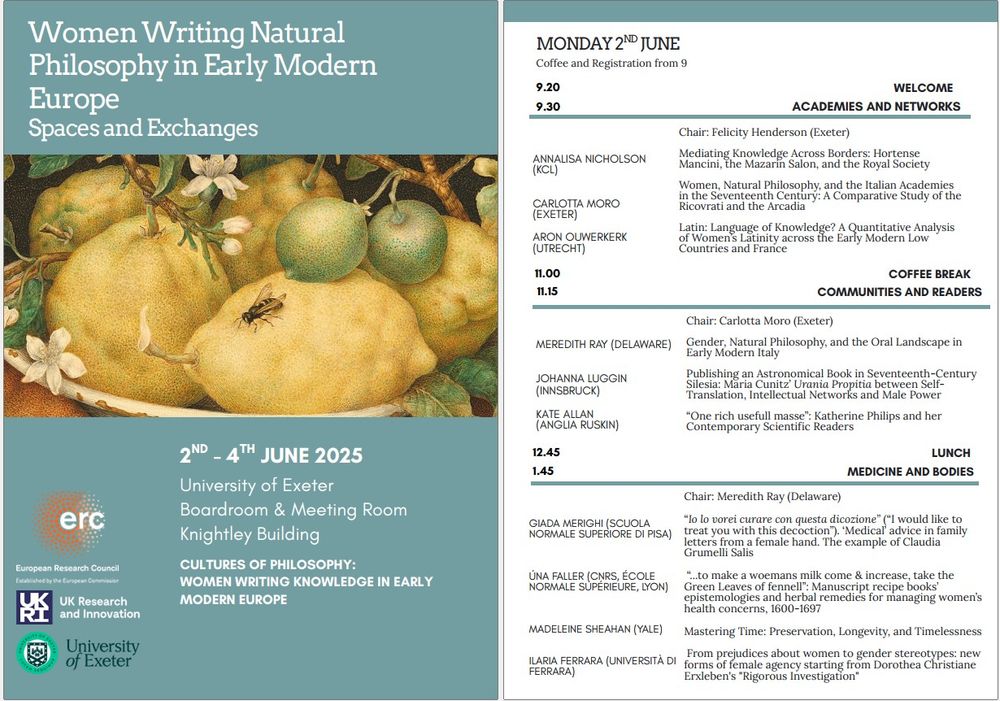
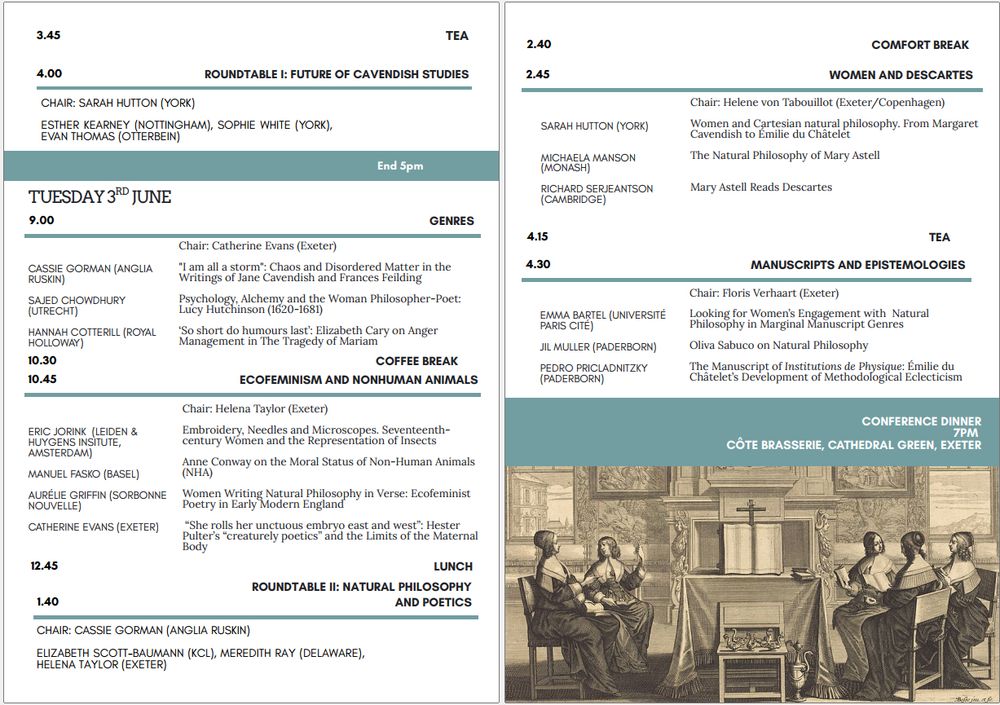
![WED 4th JUNE
9.30-11 METHODS
Chair: Eric Jorink (Leiden)
Kirsten Walsh (Exeter), Action at a Distance—Reflections on the History of Women in Science
Peter West (Northeastern University London), “A Scientific Association”: New Digital Methods for Understanding the Impacts of Early Women Writers on the Development of Science and Philosophy
Marina Aguilar (Universidad Nacional de Educación a Distancia (UNED), Tratado Philosóphico-poético escótico by María de Camporredondo as an example of Hispanic Women Thinker from the Modern Age
Coffee
11.15-12.45 RECEPTION, AUTHORSHIP, and POPULARISATION
Chair: Bodil Hvass Kjems (Copenhagen)
Arianne Margolin (Independent), Jeanne Dumée’s Plurality of Worlds: The Feminine Voice and the Emergence of the Fiction Scientifique
Aretina Bellizzi (Ghent), From a New Readership to a New Authorship. Vernacular Plato and the Female Audience in Early Modern Italy
Floris Verhaart (Exeter), The Doctor, the Theologian, and the Translator: Medicine and Divine Providence in the Writings of Johan van Beverwijck, Anna Maria van Schurman, and Johanna Dorothea Lindenaer
CLOSE AND LUNCH
This conference is supported by the European Research Council-selected Starting Grant, ‘Cultures of Philosophy: Women Writing Knowledge in Early Modern Europe’, funded by UK Research and Innovation (UKRI), under the UK government’s Horizon Europe funding guarantee [grant number EP/Y006372/1].](https://cdn.bsky.app/img/feed_thumbnail/plain/did:plc:peyr652ptzk3m4gf3dgs4gmk/bafkreihuop4aupg2mp34d6apimeredvytwqabfll73i3g5ynem2eahujju@jpeg)


![WED 4th JUNE
9.30-11 METHODS
Chair: Eric Jorink (Leiden)
Kirsten Walsh (Exeter), Action at a Distance—Reflections on the History of Women in Science
Peter West (Northeastern University London), “A Scientific Association”: New Digital Methods for Understanding the Impacts of Early Women Writers on the Development of Science and Philosophy
Marina Aguilar (Universidad Nacional de Educación a Distancia (UNED), Tratado Philosóphico-poético escótico by María de Camporredondo as an example of Hispanic Women Thinker from the Modern Age
Coffee
11.15-12.45 RECEPTION, AUTHORSHIP, and POPULARISATION
Chair: Bodil Hvass Kjems (Copenhagen)
Arianne Margolin (Independent), Jeanne Dumée’s Plurality of Worlds: The Feminine Voice and the Emergence of the Fiction Scientifique
Aretina Bellizzi (Ghent), From a New Readership to a New Authorship. Vernacular Plato and the Female Audience in Early Modern Italy
Floris Verhaart (Exeter), The Doctor, the Theologian, and the Translator: Medicine and Divine Providence in the Writings of Johan van Beverwijck, Anna Maria van Schurman, and Johanna Dorothea Lindenaer
CLOSE AND LUNCH
This conference is supported by the European Research Council-selected Starting Grant, ‘Cultures of Philosophy: Women Writing Knowledge in Early Modern Europe’, funded by UK Research and Innovation (UKRI), under the UK government’s Horizon Europe funding guarantee [grant number EP/Y006372/1].](https://cdn.bsky.app/img/feed_thumbnail/plain/did:plc:peyr652ptzk3m4gf3dgs4gmk/bafkreihuop4aupg2mp34d6apimeredvytwqabfll73i3g5ynem2eahujju@jpeg)


![WED 4th JUNE
9.30-11 METHODS
Chair: Eric Jorink (Leiden)
Kirsten Walsh (Exeter), Action at a Distance—Reflections on the History of Women in Science
Peter West (Northeastern University London), “A Scientific Association”: New Digital Methods for Understanding the Impacts of Early Women Writers on the Development of Science and Philosophy
Marina Aguilar (Universidad Nacional de Educación a Distancia (UNED), Tratado Philosóphico-poético escótico by María de Camporredondo as an example of Hispanic Women Thinker from the Modern Age
Coffee
11.15-12.45 RECEPTION, AUTHORSHIP, and POPULARISATION
Chair: Bodil Hvass Kjems (Copenhagen)
Arianne Margolin (Independent), Jeanne Dumée’s Plurality of Worlds: The Feminine Voice and the Emergence of the Fiction Scientifique
Aretina Bellizzi (Ghent), From a New Readership to a New Authorship. Vernacular Plato and the Female Audience in Early Modern Italy
Floris Verhaart (Exeter), The Doctor, the Theologian, and the Translator: Medicine and Divine Providence in the Writings of Johan van Beverwijck, Anna Maria van Schurman, and Johanna Dorothea Lindenaer
CLOSE AND LUNCH
This conference is supported by the European Research Council-selected Starting Grant, ‘Cultures of Philosophy: Women Writing Knowledge in Early Modern Europe’, funded by UK Research and Innovation (UKRI), under the UK government’s Horizon Europe funding guarantee [grant number EP/Y006372/1].](https://cdn.bsky.app/img/feed_thumbnail/plain/did:plc:peyr652ptzk3m4gf3dgs4gmk/bafkreihuop4aupg2mp34d6apimeredvytwqabfll73i3g5ynem2eahujju@jpeg)
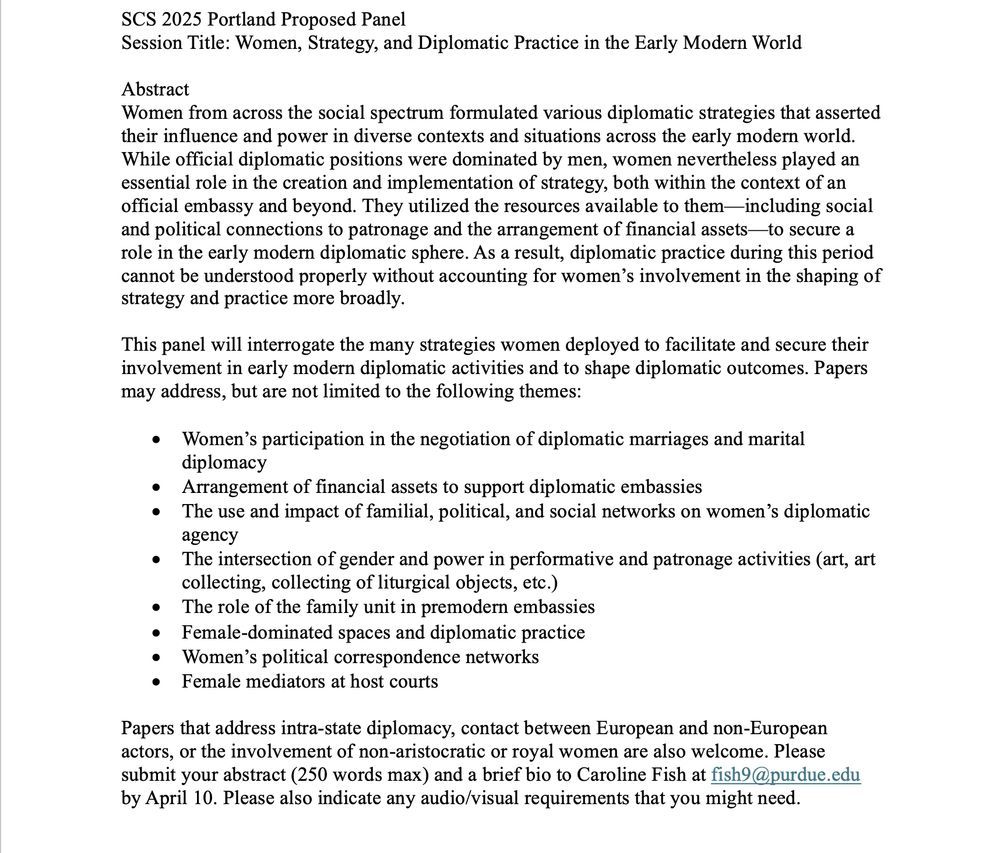
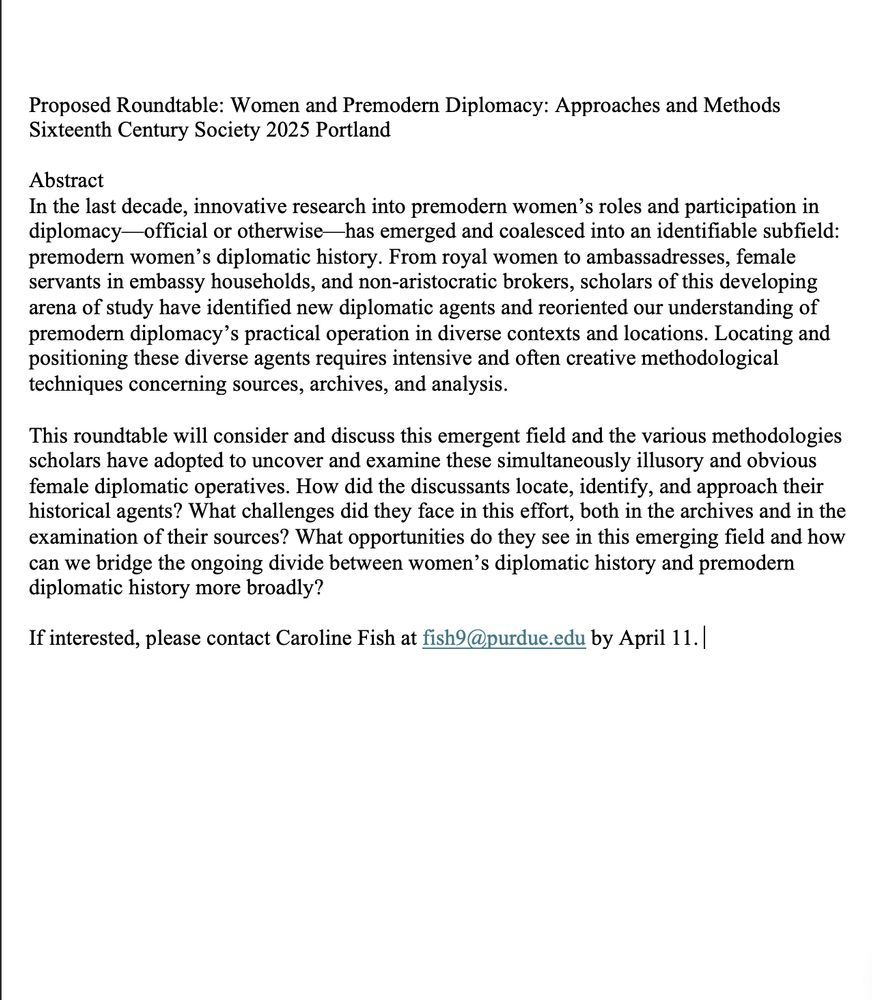

We feel newly invigorated by the discussion & by the advice from esteemed colleagues to “drive the car like we stole it”

We feel newly invigorated by the discussion & by the advice from esteemed colleagues to “drive the car like we stole it”
There'll be chameleons, divine wetnurses, recently uncovered manuscripts, and arguments against tyranny
rsa.confex.com/rsa/2025/mee...

There'll be chameleons, divine wetnurses, recently uncovered manuscripts, and arguments against tyranny
rsa.confex.com/rsa/2025/mee...
#womenshistory #earlymod
www.cambridge.org/core/journal...
#womenshistory #earlymod
www.cambridge.org/core/journal...
Please join us if you’re in Exeter! Wed 26 Feb, 15.30
www.exeter.ac.uk/research/cen...

Please join us if you’re in Exeter! Wed 26 Feb, 15.30
www.exeter.ac.uk/research/cen...
See our post: thornton.kdl.kcl.ac.uk/posts/blog/2...
@exploreyourarchive.bsky.social #EYALove #EarlyModern 🗃️ 📜

See our post: thornton.kdl.kcl.ac.uk/posts/blog/2...
@exploreyourarchive.bsky.social #EYALove #EarlyModern 🗃️ 📜

What should be next on our reading list?

What should be next on our reading list?



